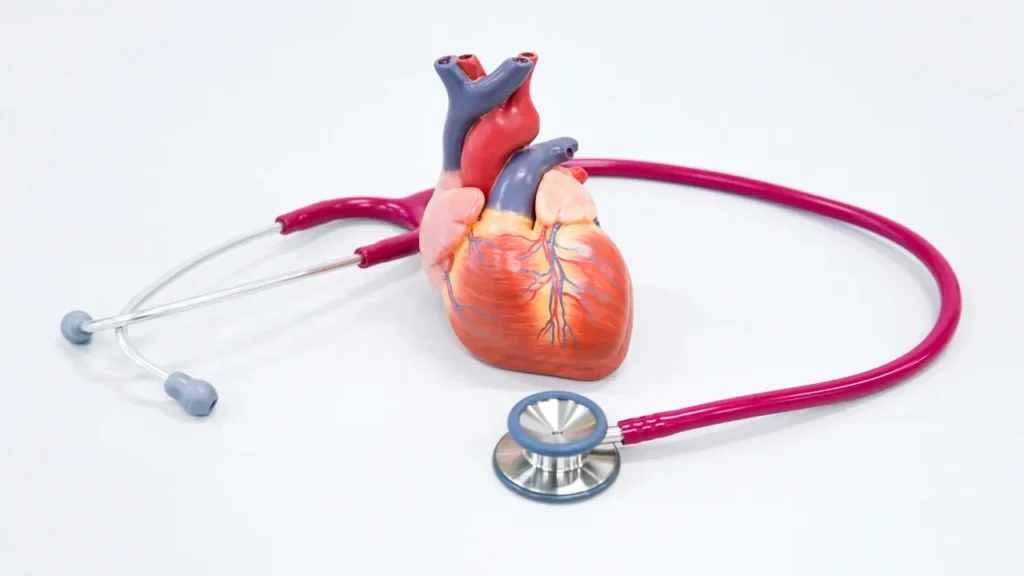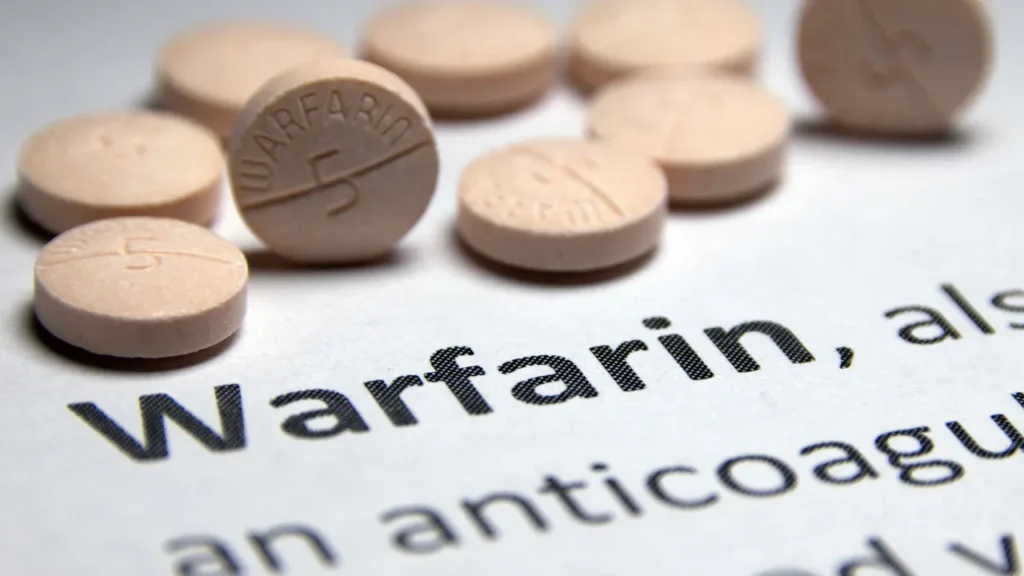In the human body, phosphatidylcholine (PC) is essential to cell membrane and is required for many physiological activities. PC is a phospholipid comprising two fatty acid tails, a glycerol backbone, and a choline head group. In addition to being produced in the liver, it can be obtained through food or supplements. Due to its ability to improve cognitive function, such as alertness, focus, and memory, PC has become more popular as a nootropic substance. The nature of PC, its health advantages, the best dosage, its adverse effects, potential drug interactions, and other pertinent facts on responsible use will all be covered in this article.
You May Also Like:
NutriRise Ashwagandha Root Capsules Reviewed: A Leading Herbal Stress Support Product
Phosphatidylcholine (PC): Benefits, Dosage, Side Effects, Drug Interactions, And Other Important Information is an original (NootropicsPlanet) article.
Nature of Phosphatidylcholine
A phospholipid with two fatty acid tails, a glycerol backbone, and a choline head group is known as phosphatidylcholine (PC). It is a significant portion of cell membranes and is found in high concentrations in the liver and brain. PC can be derived from the diet by eating foods like eggs, liver, and soybeans, or it can be produced in the liver from choline and phosphatidyl ethanolamine.
Since PC is an amphipathic molecule, it possesses both hydrophobic (which repels water) and hydrophilic (which attracts water) characteristics. Because of this, it can interact with both fat- and water-soluble molecules, making it a crucial part of the cell membrane, where it creates a lipid bilayer.
Health Benefits of Phosphatidylcholine
PC provides several health advantages, such as:
- The PC is crucial to the structure and operation of the brain. It is a significant part of the myelin sheath, which protects and envelops nerve fibers to enable effective signal transmission. Acetylcholine, a neurotransmitter involved in cognitive functions, including learning and memory, is partially synthesized and released by PC.
- Liver Function: PC is essential to the liver’s health. It assists with the transport and metabolism of lipids and cholesterol in the liver and guards against poisons like alcohol that might harm the organ.
- Cardiovascular Health: Research on PC has indicated that it positively impacts lipid metabolism, which can help lower cholesterol levels and minimize the risk of cardiovascular disease.
- Anti-inflammatory characteristics: PC has been discovered to have anti-inflammatory characteristics, which may help reduce inflammation throughout the body.

Chemistry of Phosphatidylcholine
PA phospholipid with two hydrophobic fatty acid tails, a hydrophilic head group, and a glycerol backbone is called phosphatidylcholine (PC). The choline molecule that makes up the head group of PC is joined to the glycerol backbone by a phosphodiester link. The physical characteristics of the lipid are influenced by the length and degree of saturation of the fatty acid tails.
Phosphatidylethanolamine N-methyltransferase (PEMT) is an enzyme that turns phosphatidylethanolamine into PC. It is one of the many enzymes that work together in the liver to produce PC. PC can also be consumed naturally by eating foods such as eggs, liver, and soybeans.
Physiological Mechanisms of Action
Numerous physiological mechanisms of action of phosphatidylcholine (PC) contribute to its favorableable effects on health. These systems consist of:
- PC, which forms a lipid bilayer in the cell membrane, is a critical component of that structure. The hydrophobic fatty acid tails face inward, creating a nonpolar environment that prevents water-soluble molecules from crossing the membrane, while the hydrophilic head groups of PC interact with the aqueous environment on either side of the membrane. For cells to operate correctly, the fluidity and permeability of the membrane are vital.
- Choline Metabolism: Choline is an essential nutrient involved in a variety of physiological processes, including the synthesis of neurotransmitters and lipid metabolism. It is a key dietary source in PC. Additionally, acetylcholine, a neurotransmitter important in cognitive functions, including memory and learning, is a precursor to choline.
- Liver Function: PC plays a role in transporting and metabolizing cholesterol and lipids in the liver. It is crucial for defending the liver from harm from pollutants and alcohol.
- Anti-inflammatory characteristics: PC has been discovered to have anti-inflammatory characteristics, which may aid in reducing inflammation all over the body. Numerous chronic disorders, such as Alzheimer’s disease, diabetes, and cardiovascular disease, are linked to inflammation.
- Brain Function: Phosphatidylcholine is a precursor to the neurotransmitter acetylcholine, which plays essential roles in cognitive function, memory formation, and neuromuscular transmission. PC-derived choline is converted into acetylcholine by the enzyme choline acetyltransferase, supporting cholinergic neurotransmission in the central and peripheral nervous systems.
In conclusion, PC possesses a variety of physiological modes of action, including cell membrane function, choline metabolism, liver function, anti-inflammatory qualities, and brain function, that contribute to its health advantages.

Optimal Dosage of Phosphatidylcholine
The best PC dosage depends on the purpose of supplementation. A daily dose of 500 mg to 1,000 mg is commonly advised for maintaining general health. Studies have employed daily dosages of 500 mg to 1,200 mg for improving cognition.
It is important to remember that a PC’s bioavailability can change based on its consumption. For instance, it has been discovered that PC made from sunflower lecithin has a higher bioavailability than PC derived from soy. In some studies, PC has also been administered intravenously, which can lead to higher plasma levels than oral dosing.
Side Effects of Phosphatidylcholine
PC is typically considered safe and well-tolerated, with minimal side effects. However, when taking excessive doses of PC, some people may experience gastrointestinal discomfort, such as diarrhea, nausea, or stomach pain. Most of the time, these side effects are minor and transient.
Potential Substance Interactions with Phosphatidylcholine
PC with specific drugs or supplements may interact. For instance, it might intensify the effects of blood thinners like warfarin, raising the risk of bleeding. Additionally, it may interact with acetylcholinesterase inhibitors and other drugs or nutritional supplements that influence choline metabolism. To prevent potential interactions, anyone taking supplements or medications should speak with their healthcare professional before consuming PC.

Best Responsible Uses of Phosphatidylcholine
When taking a PC supplement, it is crucial to get a top-notch item from a reliable supplier. If someone takes medicine or has any underlying medical concerns, they should follow the dosage instructions and talk to their doctor.
It’s also crucial to remember that, despite the possibility of cognitive benefits, PC supplementation is not a replacement for a healthy way of life. To maintain overall health and cognitive function, one should follow a balanced diet, exercise regularly, and get enough sleep.
Phosphatidylcholine (PC):
Conclusion
PC is a versatile and vital nutrient with many potential health benefits backed by scientific research and clinical studies. As a crucial component of cell membranes and a precursor to the neurotransmitter acetylcholine, PC plays a fundamental role in various physiological processes throughout the body. PC represents a valuable nutritional supplement with wide-ranging health benefits for liver health, brain function, cardiovascular health, gut health, skin health, and inflammation management. As scientific research continues to elucidate its mechanisms of action and therapeutic potential, phosphatidylcholine may emerge as a cornerstone of preventive and integrative medicine, supporting overall health and well-being across the lifespan.

References:
- Dietary Lipid Intervention in the Prevention of Brain Aging. Link: https://www.sciencedirect.com/science/article/pii/S2095809923002709
- Evidence of altered phosphatidylcholine metabolism in Alzheimer’s disease. Link: https://www.ncbi.nlm.nih.gov/pmc/articles/PMC5866043/
- Choline metabolism as a basis for the selective vulnerability of cholinergic neurons. Link: https://pubmed.ncbi.nlm.nih.gov/1374967/
- The critical role of phosphatidylcholine and phosphatidylethanolamine metabolism in health and disease. Link: https://pubmed.ncbi.nlm.nih.gov/28411170/
Important Note: The information contained in this article is for general informational purposes only, and should not be construed as health or medical advice, nor is it intended to diagnose, prevent, treat, or cure any disease or health condition. Before embarking on any diet, fitness regimen, or program of nutritional supplementation, it is advisable to consult your healthcare professional in order to determine its safety and probable efficacy in terms of your individual state of health.
Regarding Nutritional Supplements Or Other Non-Prescription Health Products: If any nutritional supplements or other non-prescription health products are mentioned in the foregoing article, any claims or statements made about them have not been evaluated by the U.S. Food and Drug Administration, and such nutritional supplements or other health products are not intended to diagnose, treat, cure, or prevent any disease.


